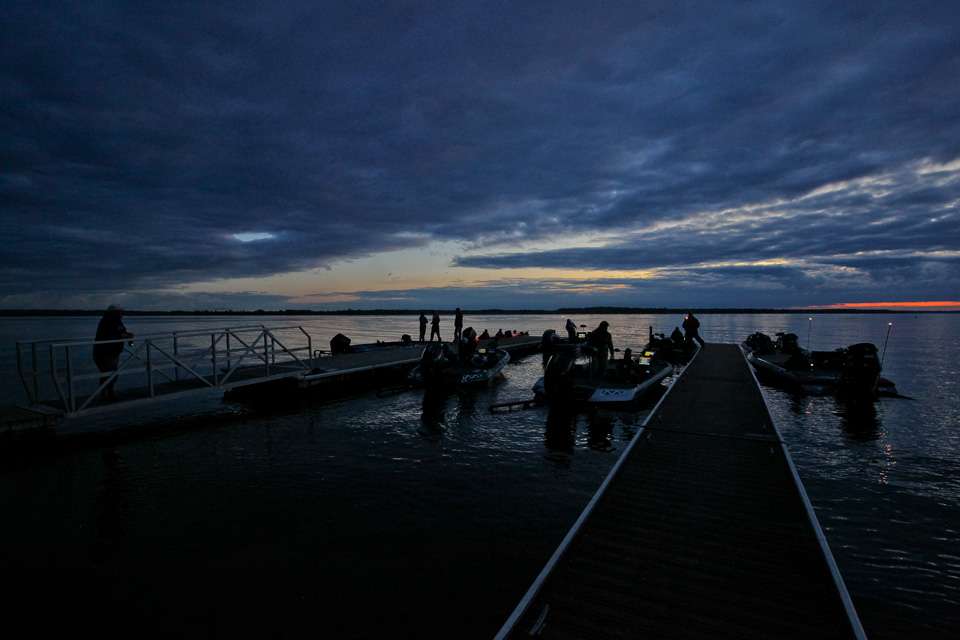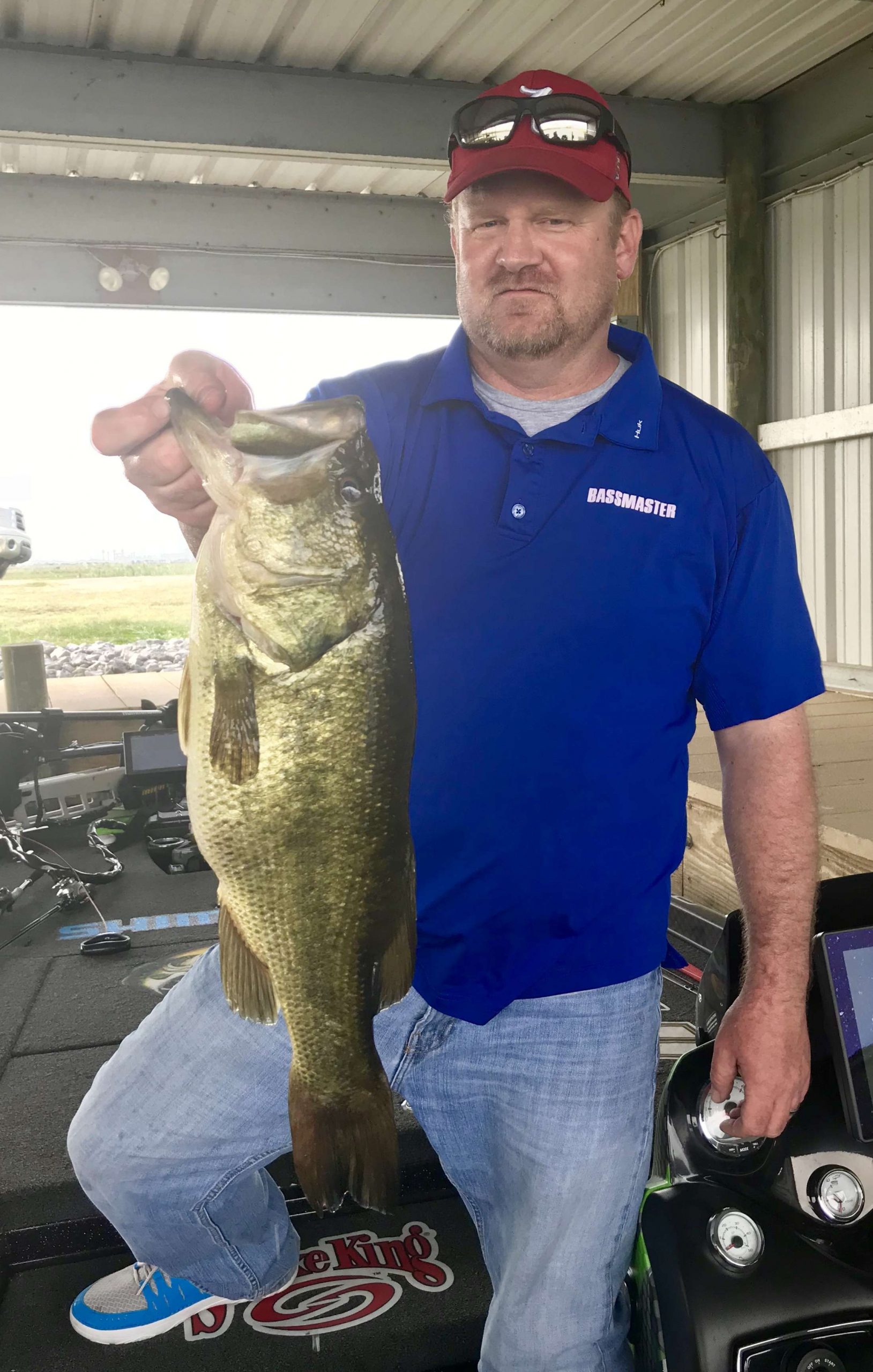
I don’t know California fisherman Mike Long.
I’ve never worked with him. I’ve never met him. I’ve never even spoken to him on the phone.
Other than being somewhat familiar with his reputation for catching big bass on the West Coast, all I can say for certain about him is that a story was written a while back that painted him in a very bad light.
I think we can all agree on that.
I don’t want to debate his guilt or innocence in these 700 words. But since cheating has been a hot topic of late, I thought I’d share a couple of my own personal brushes with cheating — or at least alleged cheating — in the fishing world.
The first happened during the late 1990s when I was the outdoors writer for The Columbus Ledger-Enquirer in Georgia.
It’s a bass fishing-crazy town located on the banks of the famed Chattahoochee River — and since there were so many tournaments being held every week, I thought it would be fun to hold an Angler of the Year contest, using the results.
Turns out, “fun” is the last thing it was.
There was no money on the line. No free trip to anywhere. Not even a tackle pack or a cheap hat at stake.
Just trophies and bragging rights.
But fishermen are competitive — and the competition got so heated that anglers were having words at boat ramps before and after tournaments that sometimes included fewer than 10 boats. Threats were being made that certain anglers better not show their faces at local bars or they’d face “country boy justice over hole jumping.”
I was a 25-year-old journalist at the time, and I honestly saw all of the chaos as kind of a joke.
At least until specific cheating allegations were made.
A couple of excellent anglers who were doing very well in my AOY contest claimed to have found a bass tied to a tree limb. They said they lingered in the area, and the first angler they saw was the guy who was currently leading the contest.
What had been a heated environment turned completely combustible with more threats of bar-room brawls and even a mention or two of lawsuits — though I don’t know to this day what anyone would have sued for.
I handled the whole situation, basically, by not handling it.
The evidence was purely circumstantial — one party’s word against another’s — so I awarded the winner’s trophy at the end of the contest to the guy who had been accused of tying a bass to a limb.
Then I changed the rules the next year, awarding points only to anglers who fished major tournament trails I deemed reputable, like B.A.S.S. and FLW.
My next major encounter with cheating happened in 2012.
It was a Friday afternoon, and I had already finished what I thought was a great column for my Sunday outdoors page about a guy catching the new state-record largemouth in Arkansas — a bass that weighed more than 16 pounds.
Then late Friday night, I got a call from my editor saying there had been a “development” with the story.
In journalism, the word “development” is always either really good or really bad — and in this case, it was bad.
I worked into the early hours of Saturday morning rewriting the column to say the fish had been disallowed by the Arkansas Game and Fish Commission because the guy who caught it had been fishing without a license.
In fact, he had been cited numerous times for fishing without a license. His kids had as well.
But the real kicker was that while he was waiting to have the fish weighed on certified scales, he sent his girlfriend to buy him a license.
I guess he thought he’d get legal just under the deadline.
Instead, he caused me to miss mine.
People cheat for a lot of reasons.
Sometimes it’s money. Sometimes it’s fame. Sometimes it’s just for the right to say, “I won.”
There’s no good reason for cheating, but it usually makes for a fascinating story.
If you’ve got one, email me at bbrasher@bassmaster.com.
I’d love to hear it.

